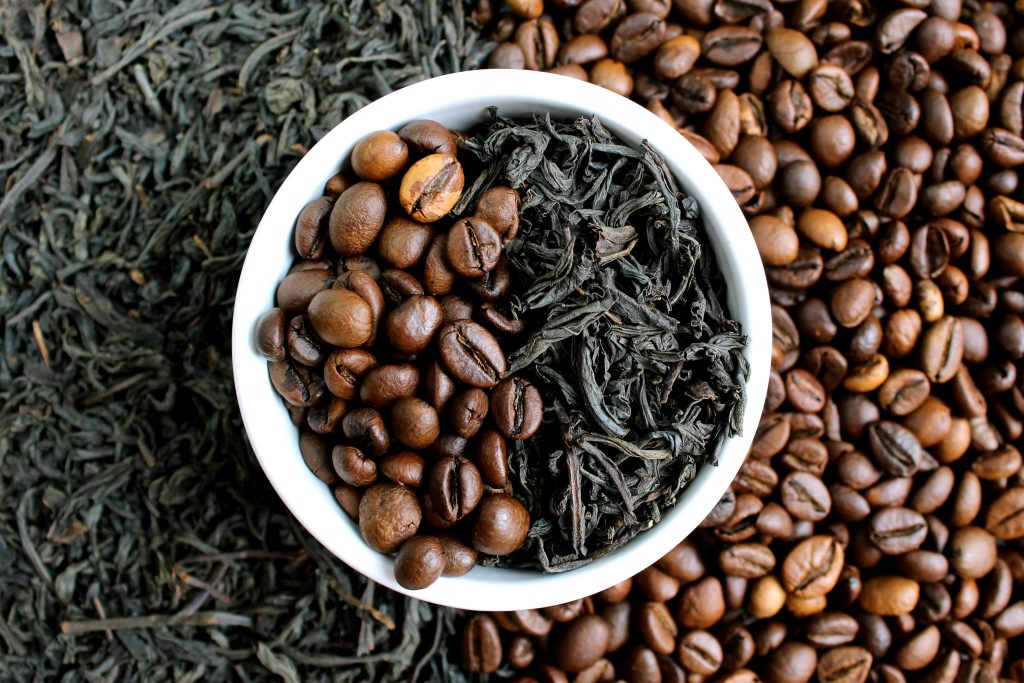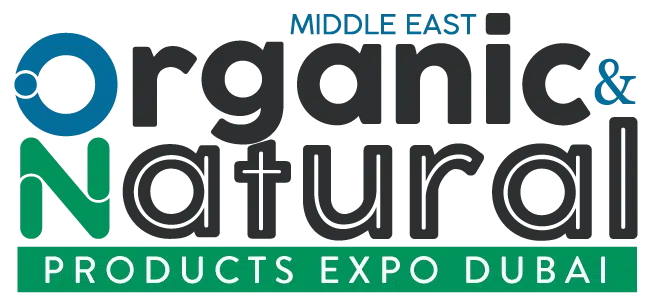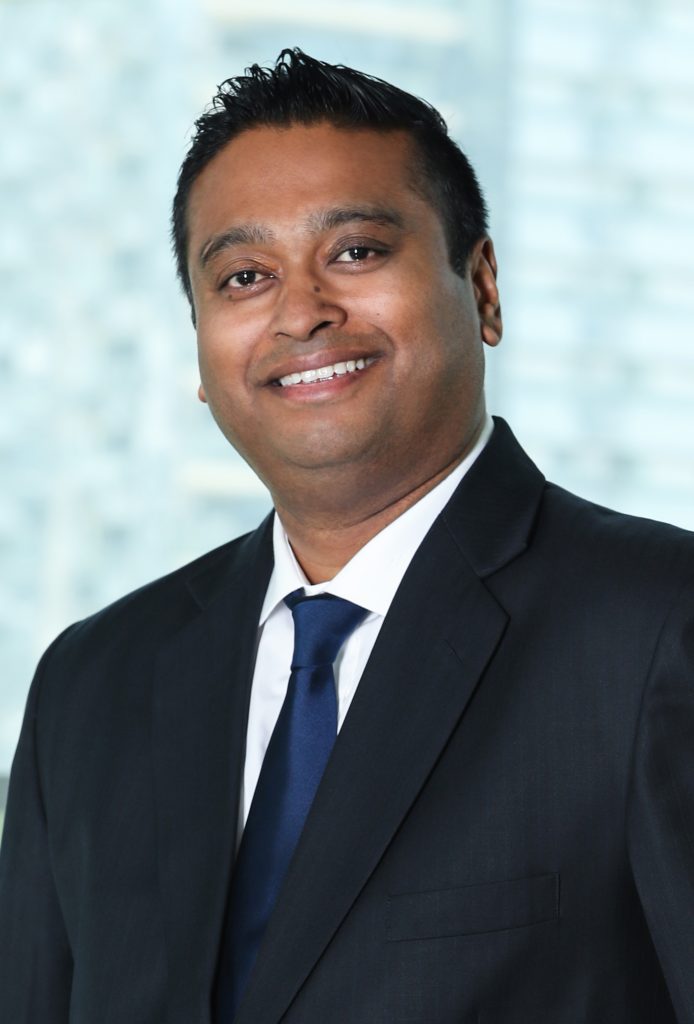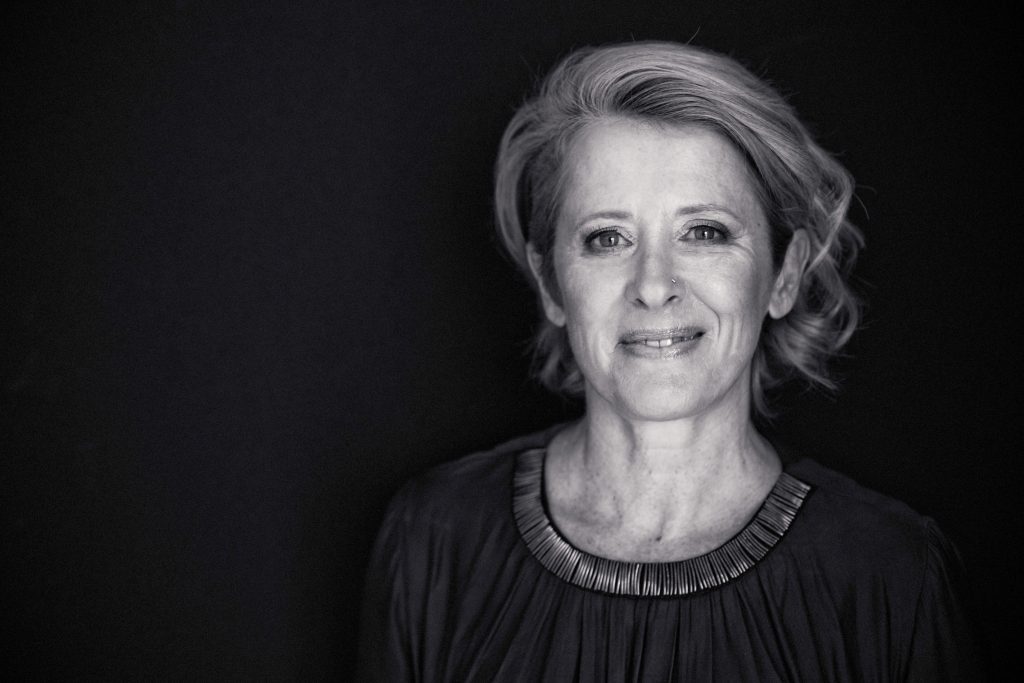The Organic and Natural Digital Trade Week for the Tea and Coffee sector featured an enlightening webinar, several trade transactions and, multiple RFQs over the week. Let’s see what expert speakers at the webinar had to say.

The primary goal of DMCC’s Tea and Coffee arm
“The DMCC for Tea and Coffee hosts 17500 thousand member companies and contributes 10% of Dubai’s GDP. Dubai is in a strategic geographic location and is perfectly positioned to offer the world a gateway to markets in the ME. We are the centre pot with relevance to tea and coffee,” starts Sanjeev Dutta, executive director of Commodities and Financial Services, Dubai Multi Commodities Centre (DMCC), an international gateway for tea trade.
He goes on to speak about the achievements of DMCC in terms of tea trade, “So far we have traded in more than 50 million kilos of tea, and we are the largest re-exporter of tea in the world, with 60% of the market share. We do everything but grow the leaf. As tea became prominent we started work on a coffee centre. We believe the coffee centre will be instrumental in serving the coffee and produce need in terms of green beans, roasted products, and value-added products. It is expected to facilitate 20 million kilos in the first three years.”
The tea market is supposed to witness a growth CAGR of over 4.5% within the next 5 years
Locally and globally, the tea and coffee market is set to grow, with huge potential and opportunities.
“Tea is considered a vital sector in the Middle East. The Tea market is supposed to witness a CAGR of over 4.5% within the next 5 years, with the largest growth belonging to green and herbal tea,” Dutta shared. “Within coffee, consumers are developing an understanding of different specialty beans, and sustainability is important. They want to know where good coffee beans are sourced from. COVID prevention measures and rules are making consumer patterns change. Coffee and tea are complimentary and both the conventional and organic market is resilient.”
Vivek Hans, founder & CEO of BevArabia the leading producer and distributor of beverages in the UAE & KSA, opined, “If you consider global trends, organic is growing faster than conventional both in tea and coffee. The coffee market is around 10 billion for the organic sector. However, if you compare growth rates of conventional tea and coffee globally it is growing between 3-4%, while organic is growing at almost 8-9%.”
Meanwhile, Kim Thompson founder & managing director of RAW Coffee Company, Dubai’s largest coffee beans supplier, emphasized sustainability, “Instead of focusing on organic, I would focus on specialty coffee that indicates quality. In my journey of over 13 years, I believe that to be essential, as I’ve gone on my journey and understood the processes and issues farmers have. Sustainability and ethically sourced are important to me. As a roaster, giving the farmer the voice to the consumer is a priority. Especially during these difficult times of COVID-19.”
Consumer patterns are changing dynamically with eCommerce
“We’ve seen huge momentum in the eCommerce sector. In fact, we were working on eCommerce before COVID-19, and we accelerated afterward, taking a big call to have various partners rather than just supplying our products. Now we’re selling our products online for the largest beverage portfolio in the region. We can see how consumer patterns are changing so dynamically. People are now buying small roasters for their home in Saudi Arabia. They are not going to cafes as much as they used to earlier,” Hans commented.
Buyers in the region are sourcing from around the world
The world is an oyster for buyers in the region, with them sourcing from all over.
“We are sourcing from the world. It’s taken us time to develop relationships with farmers we buy from. You can’t have all your eggs in your basket, and you can have favorite countries. The coffee we love comes from Columbia, Ethiopia, Rwanda, and Burundi, but we also source from central and south America, Central South East Asia. It’s risky for the coffee industry to rely on only one country,” Thompson said.
Dutta added from a DMCC perspective, “The good part is, depending on weather and geopolitics, if there is a drought in one region, you can replace that in your blend with another region.”
“Organic coffee producers have different harvesting seasons. Columbia has two, Africa, one. For such products, you cannot have consistency and expect it to be consistent year after year. It doesn’t happen because they don’t use chemicals. We source coffee from more than 20 countries,” concluded Hans.
On advice for suppliers entering the Middle East: Always make a pragmatic approach to test acceptance or rejection
“I think it’s important to do strong due diligence before entering this market. Contact your local trade commission for representation, and to get accurate figures. Look at the competition you’re facing and understand their strengths and weaknesses are,” advised Thompson.
Dutta said a practical outlook is the best one, “Always make a pragmatic approach to test acceptance or rejection. DMCC makes samples for the member community, enabling people to try your product here before jumping in.”
Hans also shared similar views, “The UAE market is competitive, lucrative, and still growing. Some businesses don’t adopt the right strategy, conduct assessments, or analyze strengths and weaknesses and fail. But if someone can create a niche there is certainly room for a new player. A broader strategy is always welcome.”
Prosumers will go online, organic will progress further
“For 2021 we’re looking at new plans, diversity, and different scenarios. I think communication is important with farmers, especially for those of us who are buying the tea and coffee from them,” Thompson predicted for the next year.
“I expect the growth to be back in the region in 2021. People are now more conscious about sustainability, the environment, health, and more. Consumers are taking their beverages in control and it’s continuing. Prosumers will go online, organic will progress further,” said Hans, ending the session on a positive note.



